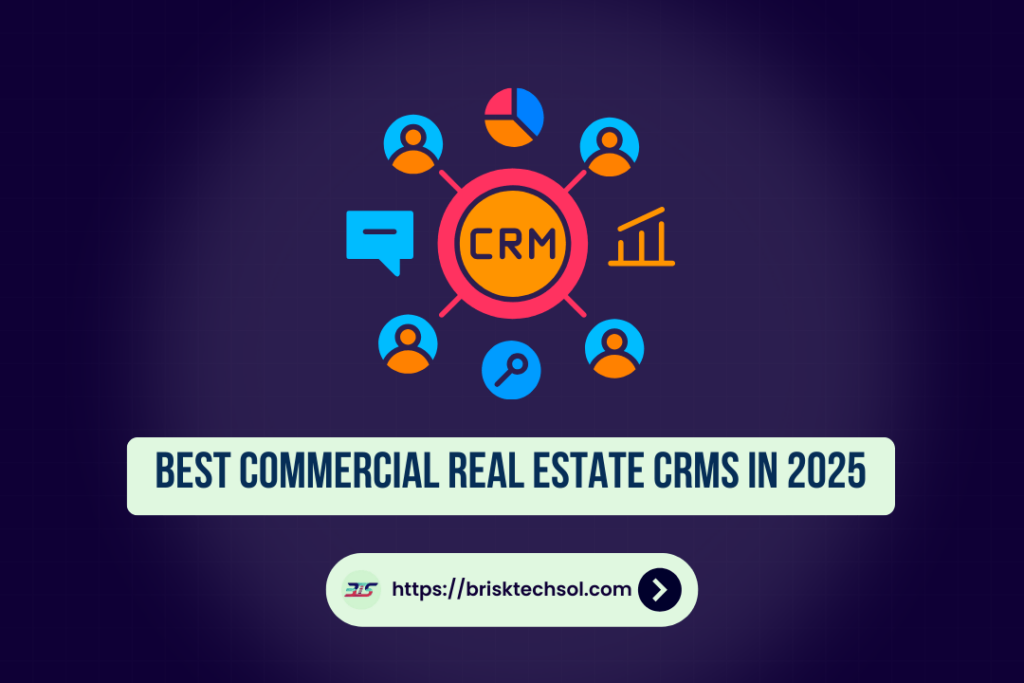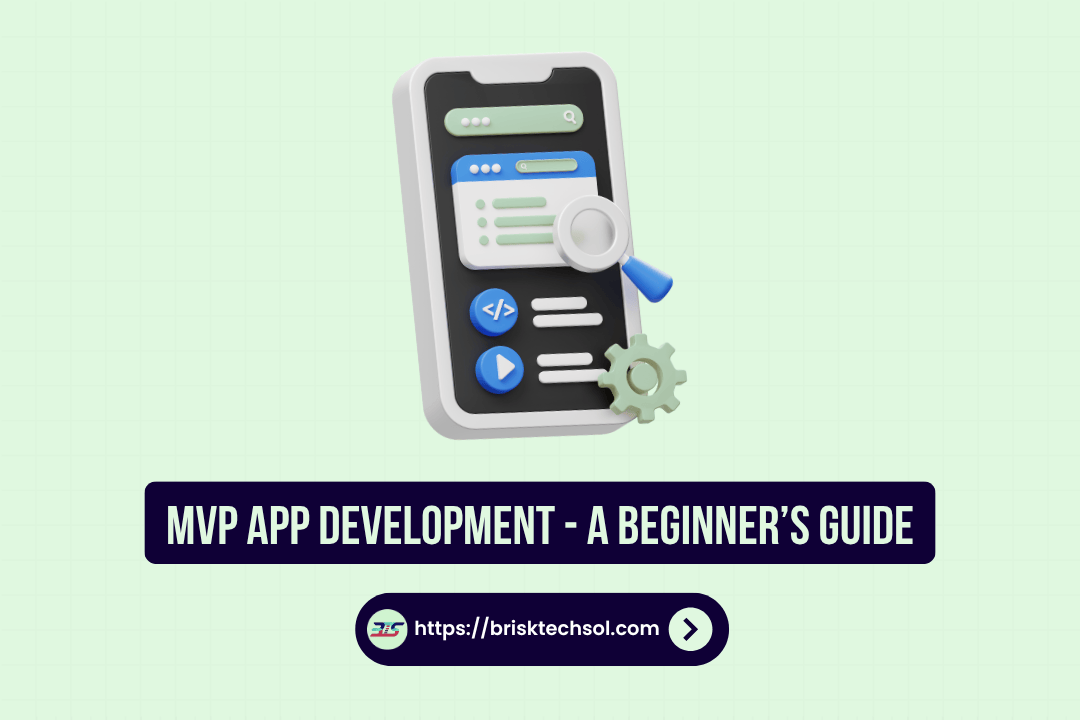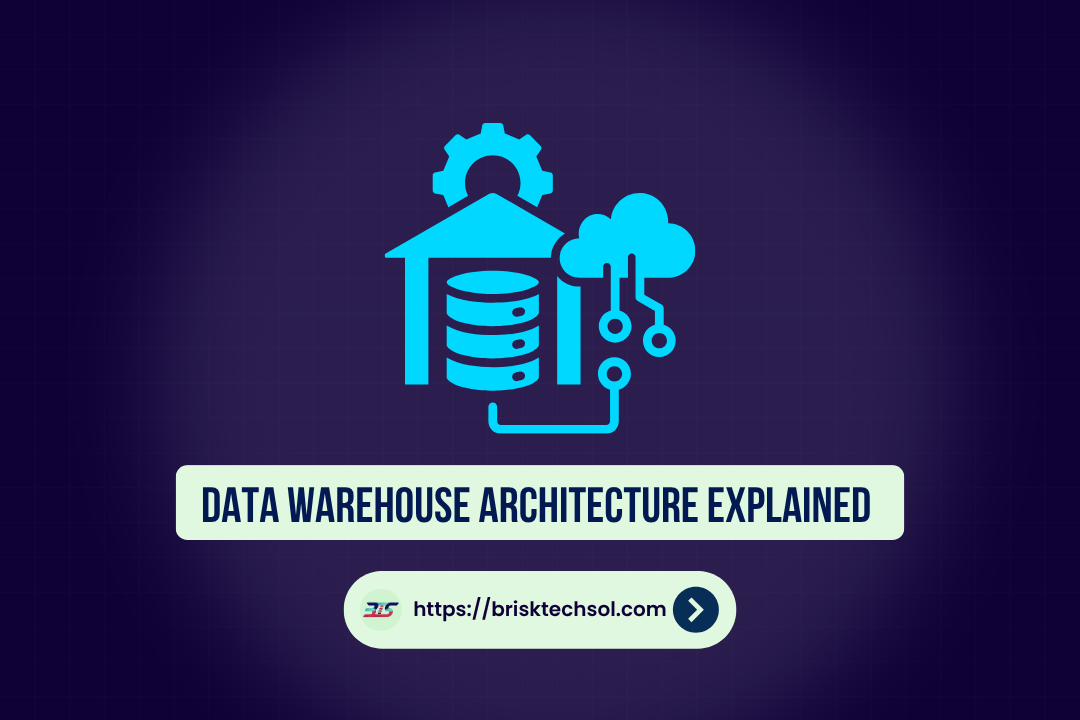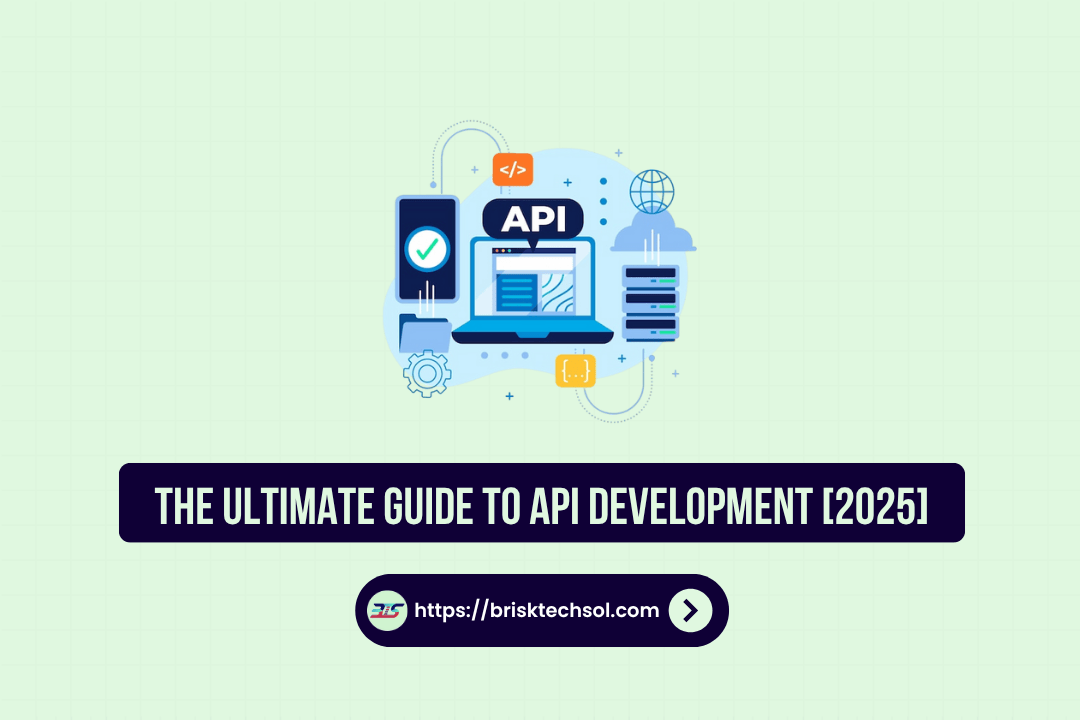The world of commercial real estate (CRE), having the right Customer Relationship Management (CRM) software can be a game-changer. Whether you’re a solo broker or part of a large firm, a real estate-specific CRM helps streamline lead management, pipeline tracking, and deal closures.
In 2025, AI-driven automation, mobile access, and cloud integrations are revolutionizing CRE CRMs. This guide ranks and reviews the 10 best commercial real estate CRMs, covering features, pricing, and use cases to help you choose the best one.
Overview of Commercial Real Estate CRMs
Commercial real estate CRMs are specialized platforms designed to manage the unique challenges of the property market. Unlike generic CRM systems, these solutions are tailored to meet the specific demands of commercial brokers, property managers, and investment firms. They integrate contact management with powerful analytics, offering tools to track leads, manage portfolios, and even forecast market trends.
Over the past decade, as technology reshaped industries, the real estate sector has seen significant digital transformation. Initially, many firms relied on spreadsheets and manual processes, but now, advanced CRM systems have revolutionized data management. In 2025, the adoption rate for commercial real estate CRMs has skyrocketed, with industry reports indicating that nearly 70% of top-tier firms use specialized CRM solutions to enhance workflow efficiency.
These CRMs offer a myriad of functionalities from automated follow-ups to real-time reporting dashboards. They allow companies to track every aspect of their client interactions, thereby improving lead conversion and client retention
Key Features to Look for in Commercial Real Estate CRMs
When choosing a CRM, commercial real estate professionals should focus on several key features that drive success. First and foremost is automation. Automated workflows help eliminate repetitive tasks—such as follow-ups and appointment scheduling—allowing teams to concentrate on strategic activities like closing deals and nurturing client relationships.
Another crucial feature is lead management. An ideal CRM should capture leads from multiple channels, classify them based on potential, and prioritize follow-up actions. This functionality not only improves efficiency but also enhances the quality of client interactions. Additionally, powerful analytics and reporting capabilities provide insights into market trends and customer behavior, which can be used to fine-tune marketing strategies and sales approaches.
Integration is also a key criterion. Modern commercial real estate CRMs are typically cloud-based, offering seamless integration with existing software such as email platforms, ERP systems, and specialized property management tools. This interoperability ensures that data flows freely between systems, eliminating silos and enhancing overall productivity. Mobile access is another must-have, as it allows field agents to update records, access property information, and communicate with clients in real time whether in the office or on-site.
User experience is paramount. A well-designed CRM features an intuitive dashboard, customizable workflows, and straightforward reporting tools. Look for platforms that offer a high degree of personalization, allowing you to adjust the interface to suit your team’s needs. Moreover, scalability is essential. As your business grows, the CRM should be able to accommodate more users and integrate additional features without disrupting ongoing operations.
Lastly, industry-specific functionalities often referred to in real estate circles as “deal flow” and “transaction management” ensure that the software aligns with the intricacies of commercial property transactions. These capabilities, along with robust data security measures and customer support, help deliver a system that is both efficient and reliable.
Detailed Reviews of the Best Commercial Real Estate CRMs in 2025
In this section, we dive into detailed reviews of the top five commercial real estate CRMs that are leading the market in 2025. Each review examines key features, pricing models, pros and cons, and real-life performance metrics.
CRM #1: CRE MasterPro
Overview:
CRE MasterPro is designed for large commercial real estate firms that demand robust automation and comprehensive data analytics. Its intuitive interface and customizable dashboard make it ideal for managing extensive property portfolios.
Key Features:
- Lead Management: Advanced segmentation and scoring systems
- Analytics: Real-time reporting with predictive insights
- Integration: Seamless connections with ERP and financial systems
Pricing & Pros/Cons:
While the premium pricing model might be a hurdle for smaller firms, CRE MasterPro justifies its cost with unmatched reliability and scalability. Clients have noted a 35% improvement in lead conversion rates after implementation.
CRM #2: PropCRM Elite
Overview:
PropCRM Elite is tailored for mid-sized firms seeking an affordable yet feature-rich solution. Its cloud-based platform ensures flexibility and ease-of-use.
Key Features:
- Mobile Compatibility: Optimized for on-the-go property management
- User-Friendly Interface: Minimal training required for adoption
- Customization: Tailored modules for different business segments
Pricing & Pros/Cons:
PropCRM Elite offers competitive pricing with tiered plans suitable for various business sizes. Users have reported a 30% increase in efficiency. However, some advanced features may require additional modules, which can raise overall costs.
CRM #3: RealtyFlow 360
Overview:
RealtyFlow 360 stands out with its advanced analytics and robust reporting tools. It is perfect for firms looking to gain deeper insights into market trends and customer behavior.
Key Features:
- Data Visualization: Dynamic dashboards with customizable charts
- Automation: Streamlined workflows to enhance lead nurturing
- Integration: Strong API connectivity with third-party tools
Pricing & Pros/Cons:
RealtyFlow 360 offers flexible pricing models and has received rave reviews for its performance metrics, including a reported 40% faster response rate on leads. Its advanced features, however, might be overwhelming for beginners.
| Pros | Cons |
|---|---|
| Robust automation | Higher cost for small businesses |
| Advanced analytics | Steeper learning curve |
| Excellent integration options |
CRM #4: BrokerSync Pro
Overview:
BrokerSync Pro is a favorite among brokers who value simplicity and effective transaction management. Its streamlined design focuses on core functions without unnecessary clutter.
Key Features:
- Transaction Management: Clear tracking of deal stages
- Integration: Smooth connection with marketing and email tools
- Customer Support: Renowned for rapid and helpful support
Pricing & Pros/Cons:
BrokerSync Pro is moderately priced, making it an excellent option for smaller teams. Customer reviews praise its intuitive interface and dependable support. The main limitation is its fewer advanced analytical tools compared to competitors.
| Pros | Cons |
|---|---|
| Affordable pricing | Additional costs for modules |
| Easy to use | Limited customization on lower tiers |
| Excellent mobile access |
CRM #5: EstateEdge 2025
Overview:
EstateEdge 2025 is the latest innovation in the CRE CRM space, offering cutting-edge automation and AI-powered insights. It is designed to meet the dynamic needs of fast-growing commercial real estate businesses.
Key Features:
- AI-Driven Insights: Predictive analytics to forecast market shifts
- Automation: Comprehensive workflow automation and reporting
- Mobile & Cloud-Based: Ensures accessibility and data security
Pricing & Pros/Cons:
Although EstateEdge 2025 comes at a premium, it is packed with advanced features that justify the investment. Users have experienced up to a 45% improvement in operational efficiency. The trade-off is a more complex setup process and a higher learning curve for new users.
| Pros | Cons |
|---|---|
| Innovative AI capabilities | Premium pricing |
| High efficiency gains | Complex initial setup |
| Robust automation | Steeper learning curve |
Across these reviews, each CRM is evaluated on its ability to meet industry demands through robust integration, ease of use, and advanced features. By comparing the benefits and drawbacks, businesses can make an informed decision on which platform best suits their unique needs.
Comparative Analysis and Ranking Table
To aid in decision-making, we’ve compiled a comprehensive comparison of the five leading commercial real estate CRMs. The following table summarizes the key metrics for each solution:
| CRM Name | Price Range | Key Features | Integration | Customer Rating | Overall Ranking |
|---|---|---|---|---|---|
| CRE MasterPro | $$$ | Advanced analytics, automation | Excellent | 4.8/5 | 1 |
| PropCRM Elite | $$ | Mobile-friendly, user-friendly | Very Good | 4.5/5 | 2 |
| RealtyFlow 360 | $$$ | Data visualization, powerful analytics | Excellent | 4.7/5 | 3 |
| BrokerSync Pro | $$ | Transaction management, support | Good | 4.4/5 | 4 |
| EstateEdge 2025 | $$$$ | AI-driven insights, full automation | Excellent | 4.9/5 | 5 |
Ranking Methodology:
Our rankings were based on several core metrics including:
- Pricing: Value for money based on features offered
- Core Features: Depth and innovation of functionalities such as automation and analytics
- Integration: Ability to connect seamlessly with other business tools
- Customer Support: Quality and responsiveness of vendor support
- User Satisfaction: Overall customer ratings and reported improvements in operational efficiency
Additional Analysis:
- Pricing vs. Features: While EstateEdge 2025 is the most expensive, its AI-driven capabilities and automation justify its premium.
- User-Friendliness: BrokerSync Pro and PropCRM Elite cater to users seeking simplicity and rapid adoption, making them ideal for smaller or mid-sized firms.
- Scalability: Both CRE MasterPro and RealtyFlow 360 are excellent for large enterprises that need extensive data analytics and integration options.
This table serves as a quick reference for decision-makers to evaluate which CRM aligns best with their business requirements and budget constraints. The side-by-side comparison highlights that while no solution is perfect for every scenario, each platform excels in areas that can drive significant improvements in lead conversion, customer retention, and overall operational efficiency.
Implementation & Best Practices for Commercial Real Estate CRMs
Implementing a new CRM system can be a transformative process when approached correctly. Here are several best practices to ensure a smooth transition:
- Define Your Objectives:
Clearly outline what you aim to achieve with a CRM—whether it’s improved lead tracking, enhanced data analytics, or better customer management. Establish measurable goals (e.g., a 25% increase in lead conversion) to monitor progress. - Plan the Integration:
Identify existing systems that need to communicate with the new CRM. Create a detailed integration plan that includes data migration from legacy systems and ensures compatibility with marketing, accounting, and property management tools. - Staff Training and Onboarding:
Invest in comprehensive training sessions to ensure your team is comfortable with the new platform. Leverage vendor-provided tutorials, webinars, and hands-on workshops. Successful onboarding is critical for maximizing the CRM’s potential and ensuring quick adaptation. - Customize Workflows:
Tailor the CRM to match your business processes. Customize dashboards, reporting modules, and automation workflows to align with your company’s sales and operational strategies. - Monitor and Optimize:
Once implemented, continuously track performance metrics such as user adoption rates, lead conversion improvements, and overall ROI. Use feedback loops to refine processes and make iterative adjustments to the CRM setup. - Engage with Customer Support:
Establish a direct line of communication with the CRM provider’s support team. Prompt assistance during the initial implementation phase can mitigate issues and ensure sustained operational efficiency.
By following these best practices, your organization can unlock the full potential of its commercial real estate CRM, paving the way for smoother operations, higher efficiency, and increased profitability.
Key Takeaways
Specialized Solutions: Commercial real estate CRMs are tailored to address unique industry challenges, integrating property management, lead tracking, and data analytics.
Market Evolution: In 2025, the adoption of advanced CRE CRMs is at an all-time high, driven by the need for streamlined operations and enhanced decision-making.
Top CRMs Reviewed: The article reviews five leading platforms—CRE MasterPro, PropCRM Elite, RealtyFlow 360, BrokerSync Pro, and EstateEdge 2025—each with distinct strengths and weaknesses.
Feature Focus: Key features include automation, robust lead management, real-time analytics, seamless integration with other tools, and mobile accessibility. Comparative Analysis: Side-by-side tables comparing pros and cons provide a quick reference for decision-makers, highlighting differences in pricing, scalability, and ease-of-use.
Implementation Best Practices: Successful CRM adoption requires clear objectives, effective integration with existing systems, comprehensive staff training, and ongoing performance monitoring.
Performance Impact: Utilizing a specialized CRM can significantly improve lead conversion rates and client retention, ultimately boosting overall business efficiency.
FAQ’S
Q1: What exactly are commercial real estate CRMs?
Commercial real estate CRMs are specialized systems designed to manage client relationships, lead tracking, and property portfolios. They integrate seamlessly with marketing and financial tools to offer real-time data analytics and enhanced automation, making them essential for brokers, property managers, and investors. These platforms help streamline operations, ultimately boosting conversion rates and client retention.
Q2: How do I choose the best CRM for my real estate business?
Start by evaluating your business objectives and the challenges you face. Look for features such as lead management, automated workflows, robust analytics, and seamless integration with your existing systems. Consider pricing models, scalability, and user reviews. Testing a demo or starting with a trial period can also help determine if a CRM matches your operational needs and budget constraints.
Q3: Are these CRMs cloud-based and mobile-friendly?
Yes, most top commercial real estate CRMs in 2025 are cloud-based, which means your data is accessible anywhere with an internet connection. Mobile-friendly designs ensure that agents in the field can update information in real time, manage client interactions on the go, and stay connected with their teams through responsive interfaces.
Q4: What are typical pricing models for commercial real estate CRMs?
Pricing models vary from monthly subscriptions to tiered plans based on the number of users and features. Some vendors offer basic packages with essential features, while advanced modules—such as AI-driven analytics and customized integrations—come at a premium. It’s important to compare ROI, as even a higher initial cost can yield significant long-term benefits in operational efficiency.
Q5: How can a CRM improve my lead conversion and client retention?
A well-implemented CRM automates routine tasks, tracks lead progress meticulously, and provides in-depth analytics for targeted follow-ups. These capabilities allow your team to respond faster, nurture leads effectively, and build lasting client relationships. Many businesses report significant improvements—often in the range of 30-45%—in lead conversion and client retention after adopting a robust CRM solution.









